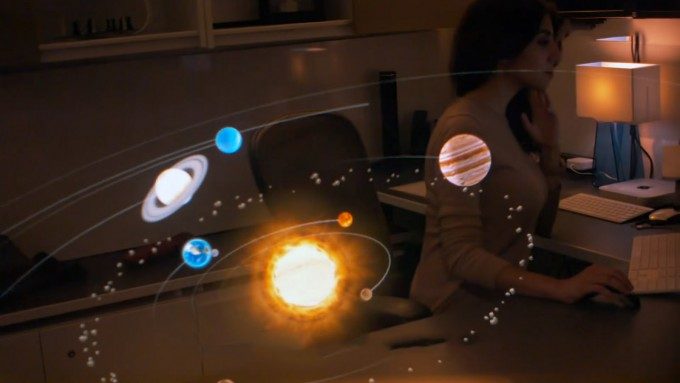Magic Leap today announced the closure of a massive $793.5 million Series C investment led by Alibaba. The company has kept their supposedly revolutionary AR tech under wraps to the public, but seem to have no trouble convincing investors to pour cash into the company.
Magic Leap’s nearly $800 million Series C investment, announced today on their website, comes just 16 months after an equally impressive $524 million Series B investment back in October 2014. The company is now reportedly valued at $4.5 billion, placing it among the most valuable startups in the world.
Chinese e-commerce company Alibaba led the latest investment, with Google Ventures and Qualcomm Ventures following on from the prior round. Also participating in the investment is Warner Bros., Fidelity Management and Research Company, J.P. Morgan Investment Management, Morgan Stanley Investment Management, funds and accounts advised by T. Rowe Price Associates, Inc., and Wellington Management Company.
Magic Leap says that the new capital will advance the timeline of adoption for the company’s AR technology.
“Here at Magic Leap we are creating a new world where digital and physical realities seamlessly blend together to enable amazing new experiences. This investment will accelerate bringing our new Mixed Reality Lightfield™ experience to everyone,” says Magic Leap CEO Rony Abovitz.


Although the company has revealed almost no specifics about their technology, the vision seems to be an augmented reality headset with a proprietary light field display which mixes augmented elements into the real world in a more natural way than other display technologies.
Spurious reports from those that have glimpsed the technology say that it’s impressive, but demonstrations have been given with a proof-of-concept system that’s in no way portable and might take a long time to reach the levels of miniaturization needed to fit it into an augmented reality headset.
Last year MIT Technology Review’s Katherine Bourzac wrote in an article titled Magic Leap Needs to Engineer a Miracle:
Whether Magic Leap can create [a revolutionary AR headset] will depend on whether it can scale up a new chip-making process for silicon photonics—something that’s a big undertaking even for semiconductor giants. The startup’s $592 million [Series B investment] is rich for an early-stage company, but it may need a lot more than that to make the leap to consumer products.
The extra $793.5 million the company picked up today might just be enough to buy the miracle they need. The company is indicating that they’ve crossed the gulf of R&D and are moving toward manufacturing at a large scale. Magic Leap CEO Rony Abovitz tells Fast Company:
We’ve developed what I call a photonics chip, which Includes the design of it, novel materials, even designing the fab that will make it. That’s fundamentally important for us to deliver the experience that’s the natural fit of how the eye-brain system works. We had to build something that accommodates what your eye-brain system is used to getting, which is not available in any off-the-shelf way.
We have achieved mass miniaturization. We’ve gone beyond the computer simulations and one-off prototypes. We’re not on the risk side. We’re on the other side. It’s like talking about making an Intel chip versus actually making them.
Abovitz waxes poetic on the potential of the technology in a new post to the company’s blog.
“We want to make you smarter – not machines. We want you to feel empowered and connected to your friends and family and the world, in a way that feels much more natural than computing today,” he writes. “Today’s internet is one of data and information. Our vision at Magic Leap contemplates a connected, creative, and collective world of human experience.”
It sounds like the stuff of science fiction, but if the company can deliver the AR headset that sci-fi as dreamed of for years, what Abovitz says could very well become reality.
But with much public grandstanding and little to show, some aren’t convinced. Comparisons to Segway have been lobbed in the company’s direction, the highly-hyped but dreadfully received device that was purported to revolutionize human locomotion.
The most concrete evidence that Magic Leap has revealed thus far is a short video released toward the end of last year which the company says was shot utilizing their technology.

